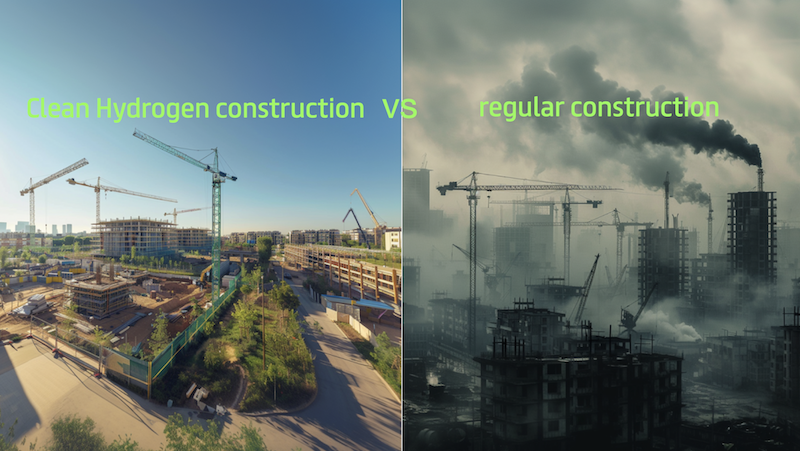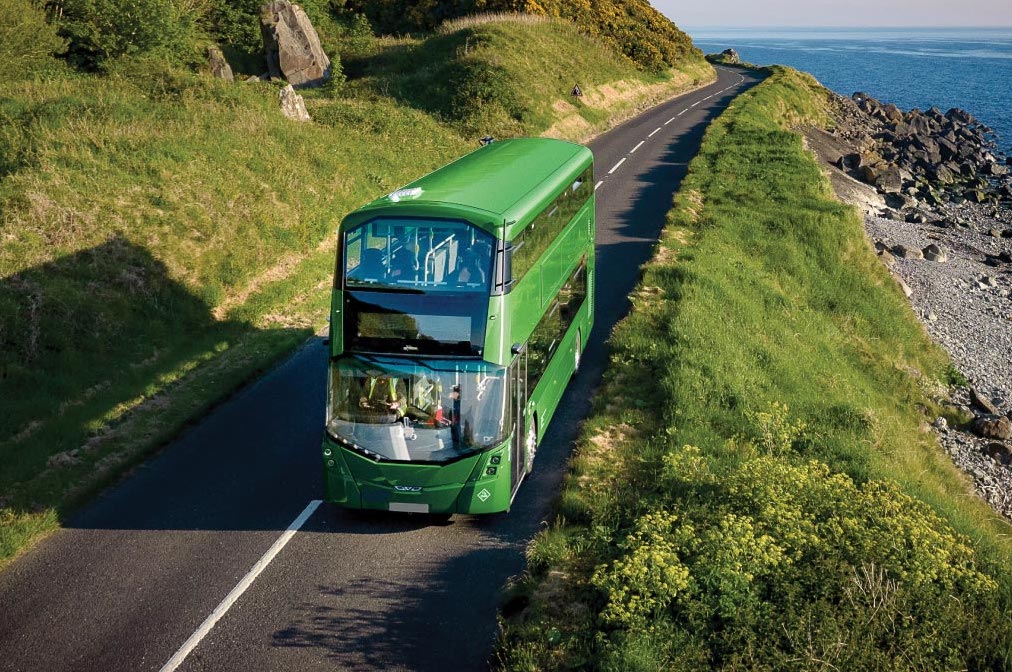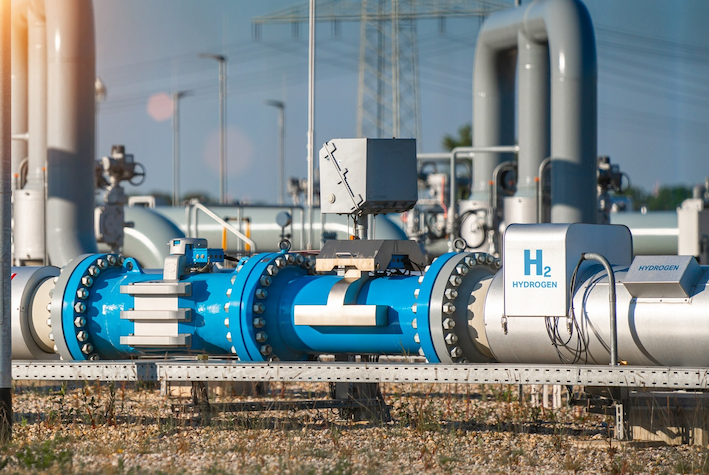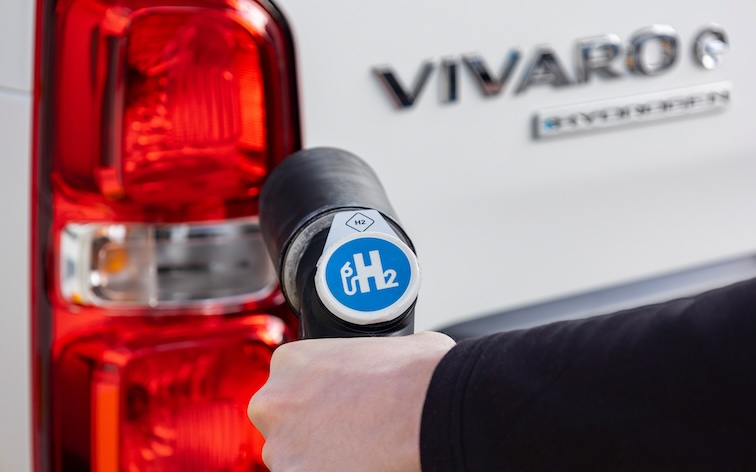A successful feasibility study of zero-emission hydrogen power for making whiskey has been announced, as the spike in hydrogen investment continues.
The government funded feasibility study called Project HyLaddie, was undertaken for the iconic whiskey producer Bruichladdich Distillery, on the historic island of Islay in Scotland.
Whiskey distilleries across the UK were responsible for around 530,000 tonnes of CO2 in 2018, most of which are as a direct result of the use of fossil-fuels, so the use of zero-emission hydrogen presents a significant opportunity to decarbonise.
The UK Government’s Green Distilleries Competition is a £9 million Government funded program to enable the world’s most famous distilleries in the UK to decarbonise their businesses, lowering emissions and creating new environmentally friendly jobs. Project HyLaddie is part of the initiative.
Distilleries typically rely on fossil fuels but the government grants will allow for speedier transitions to zero-emission technology, such as the use of hydrogen. The grants are designed to enable the distilleries to cut their CO2 emissions by half a million tonnes per year.
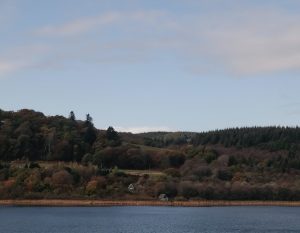
The Island of Islay, where steam from polluting fuel oil has historically been used to create the heat required for whiskey production. Zero-emission hydrogen can change all that.
On the Island of Islay steam from fuel oil has historically been used to create the heat required for whiskey production. The tech used in the study at Bruicladdich is essentially a hydrogen powered clean energy steam boiler which creates heat through hydrogen combustion, with zero emissions. The green implications for UK distilleries, of which there are over 500 are extensive, and can expand across the alcoholic drinks markets.
Despite still not having released a ‘hydrogen strategy’ like many other countries, the UK is starting to develop large-scale funding projects to decarbonise the most polluting sectors. The Green Distilleries Competition forms part of a £1 billion Net Zero Innovation Portfolio specifically designed to speed up development of low-emission technologies in the industrial sector.
